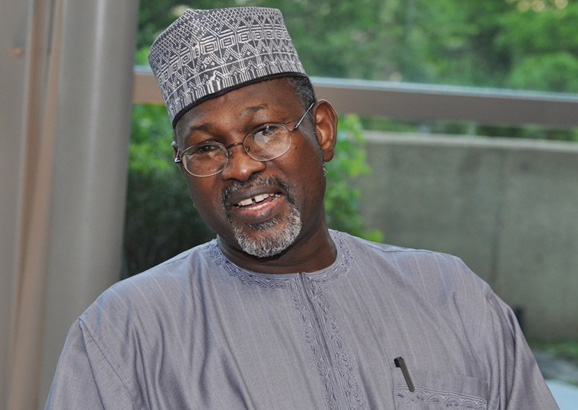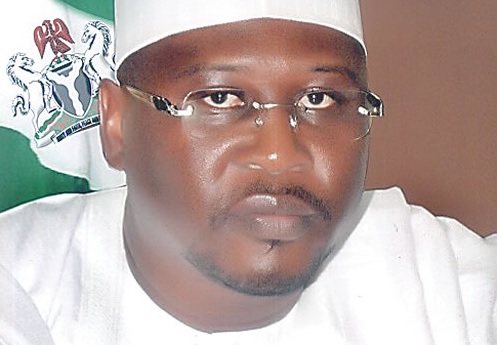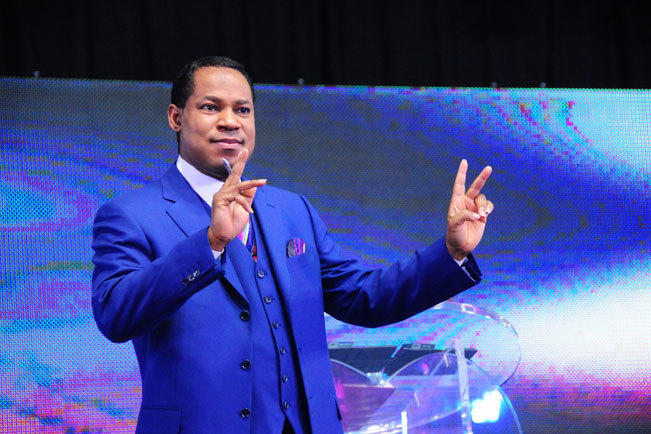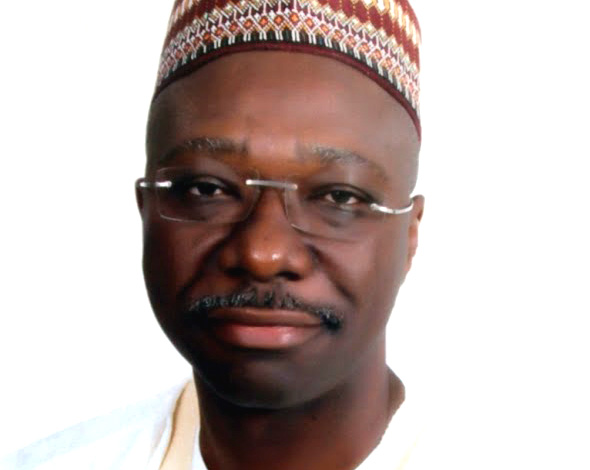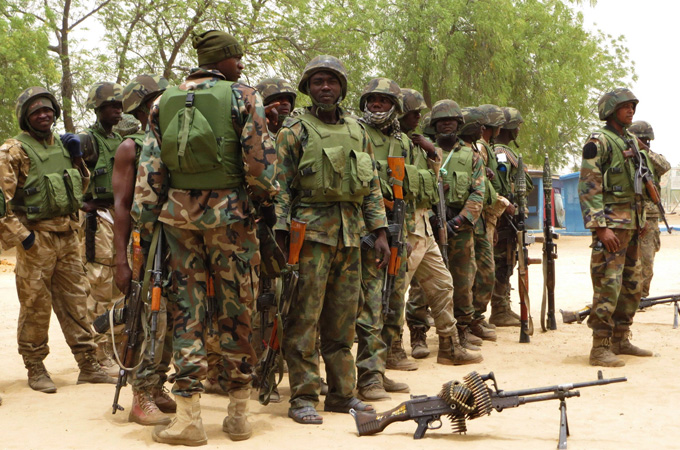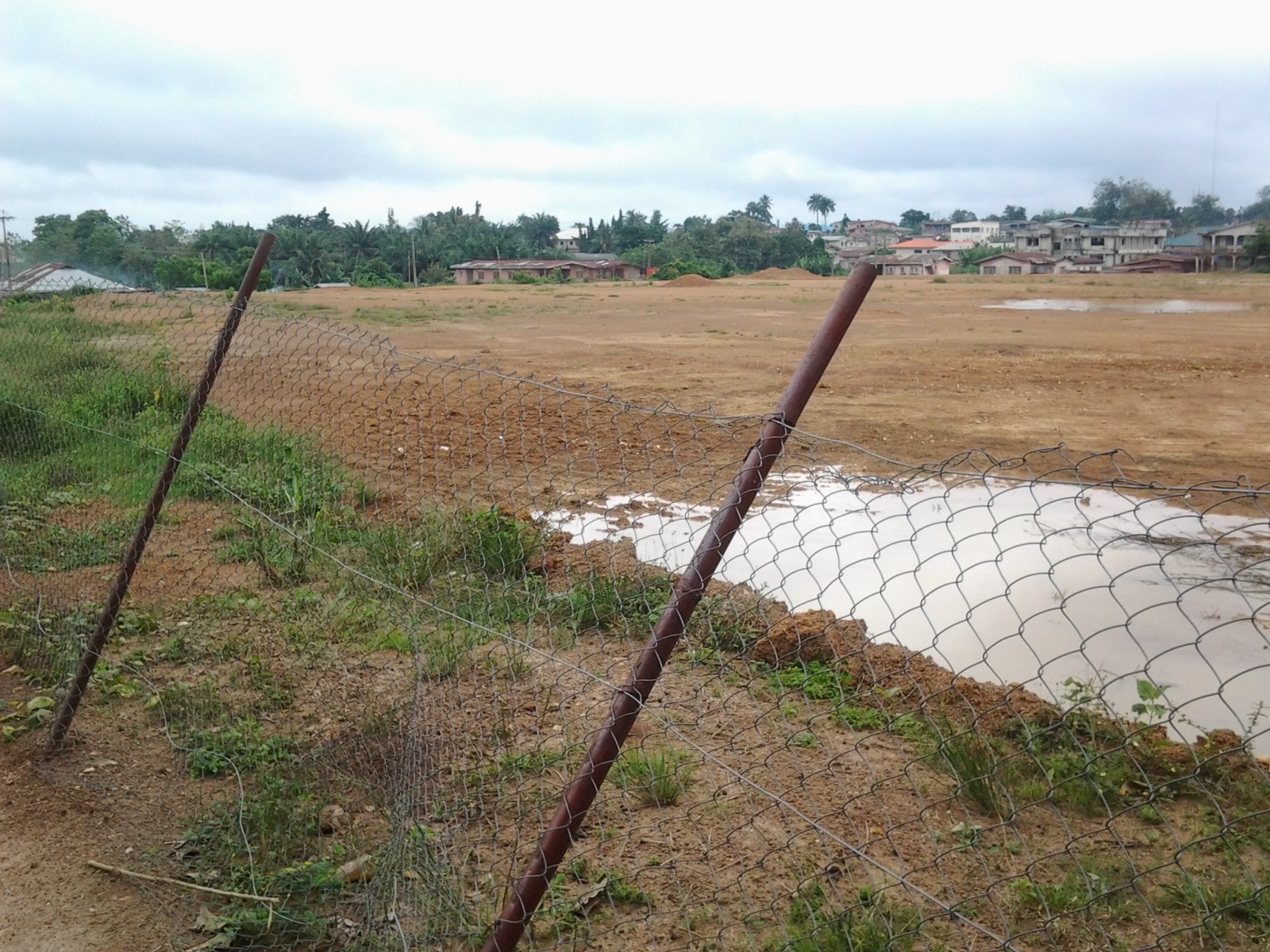I am, evidently, one of the admirers of Professor Attahiru Jega, the chairman of the Independent National Electoral Commission (INEC). Not that I have always liked him though. When he was president of the Academic Staff Union of Universities (ASUU) and I was in my final year at the University of Lagos, I hated him and his ASUU. They went on strike for four months ─ and I almost lost an academic year. I hated them. I just wanted to graduate and move on with my life. I remember watching NTA News obediently every night, hoping to hear some news that the strike had been called off. It was traumatic. I was impatient. I was not ready to look at the issues from the lecturers’ perspective. I just hated Jega and his ASUU.
But at the back of my mind, I liked Jega. I admired him. Calm and cool, he was a dogged fighter who courageously led the lecturers’ confrontation with the military government over issues affecting university education in Nigeria ─ some of which remain unaddressed 23 years after! If you left Nigeria 35 years ago and only returned recently, you would be surprised that the same issues are still being discussed. Electricity, roads, armed robbery and such like. For instance, General Muhammadu Buhari, as head of state, fired (and reinstated) resident doctors in 1984. And 30 years after, President Goodluck Jonathan fired (and reinstated) resident doctors over the same issues!
The more things seem to change, the more they remain the same. In politics, we are still discussing the same issues: electoral justice. I have watched Jega closely since his appointment as INEC chairman in 2010 and I have seen him grow on the job. He has applied some intellectual depth to the electoral process and his commission improved tremendously in service delivery, given what I see as a free hand by Jonathan. And whenever Jega gets things wrong, he raises up his hands and says: “I’m sorry, we messed up.” This is very unNigerian and, to me, an indication that we would get things right one day in this country. There are a lot of good and upright Nigerians out there who have not yet had the opportunity to show that things can be done differently and with integrity.
However, I am getting worried about some vibes coming out of INEC in recent times. The first is that they said they don’t understand the meaning of political campaign. We’ve been seeing posters and billboards and rallies ─ but INEC is in a tight corner in trying to define if these are political campaigns or not ─ and who should be held responsible. If, for instance, a Simon Kolawole, who is not a politician, buys a newspaper page to campaign for a Waziri Adio to become president of Nigeria, is that a violation of the laws restricting campaigns to a specific timetable produced by INEC? If politicians are granting interviews promoting the ambitions of their associates, is that a violation of the law? I think INEC should be able to sort this out without much drama.
Advertisement
Two, and very disturbing, is the recent creation of additional polling units across the country. I have read a lot of commentaries on the development, and I did not really pay attention to it until I was confronted with the raw details. The exercise doesn’t look pretty to me. Something is not adding up. After cleaning up the voter register, INEC discovered that rather than 70 million registered voters, we could only verify 60 million. The registration of ghost voters was recorded all over the country, north and south, and so no state or section of the country can lay any claim to sainthood in the sexing-up of figures. We will discuss this more in the future.
After cleaning up the list, INEC took a step that shows a questionable distribution of the new 30,000 polling units. INEC has to explain to Nigerians the logic behind the sharing. Is this necessary? Why is it necessary? This has to be well addressed without leaving any room for doubt and conjecture. INEC spoke about distributing the new units on a formula of 85% proportionality and 15% equality. How? How did INEC arrive at such criteria? If the idea is to allocate 500 voters per one unit based on the number of registered voters, then so let it be. Why equality? Why proportionality? Why 15%? Why 85%? Is it not about smoother logistics? If the previous polling units were not well distributed, leaving some states short-changed, and INEC wants to correct the anomaly, we need to be enlightened about it.
Luckily, Jega loves to be scientific in his explanations. He would do a good job by explaining to Nigerians the rationale behind the move. We are in a very political season and we need not stoke further tension. We are given to analysing things in Nigeria as North vs South ─ and I am already reading a lot of that in the media. Personally, I believe there is no part of Nigeria where people do not try to tamper with figures. I don’t even believe our population is up to 170 million. During censuses, communities and states go a long way in inducing demographic officials to write favourable figures for them because of the sharing of the national cake.
Advertisement
Also, during voter registration exercises, the roll is usually longer than actual. Registers are heavily padded. A little village with a population of 5,000, including toddlers, will come up with a voting population of 12,000 or more. Everybody is trying to be smart. Cheating is so easy for us. That is why voter turn-outs are considered ridiculously low given the number of registered voters on the roll. The moment you roll out tight security and people are unable to hijack ballot boxes or engage in ballot-stuffing, the turn-out is always “low”, no matter the crowd that trooped out to vote. This happens all over Nigeria, not just one part.
Given all these complexities, I am not convinced that INEC needed to be creating polling units at this critical stage. What is broken? What are they trying to fix? How are they going to do this without reviving suspicion and discontent? Figures are very delicate in the country and INEC should come clean so that nobody will accuse them of playing this old game. I will not cast any stone at Jega yet ─ until I hear his explanations. Maybe there is something he knows that we don’t know yet. By the way, Mathematics has never been my favourite subject since I was born.
AND FOUR OTHER THINGS…
BAMA BOYS
It is always a difficult thing for me to comment on military operations in the north-east, particularly because of what our soldiers are going through in the hands of Boko Haram. But I am gravely worried. How did we get to the stage that the insurgents have taken over so many towns and villages, forcing thousands of people and their emirs to flee? How did we lose Bama, the second biggest town in Borno State, to Boko Haram? Is it that the insurgents have more money to buy arms than a whole Nigeria? Are they smarter and better? Puzzling.
Advertisement
DAVIS AND DSS
Australian negotiator, Dr. Stephen Davis, has been speaking to the media on his reported four-month experience in the camp of Boko Haram as he tried to secure the release of the kidnapped Chibok schoolgirls. He apparently stumbled on sensitive information from the sect’s commanders, some of which he has now made public. Whether or not his shocking information is accurate, the right thing for the authorities to do is conduct a proper investigation. I am very disappointed with the way the Department of State Security has gone about it, jumping into conclusions within three days, clearly without doing its homework. Unprofessional.
SHETTIMA’S CROSS
Am I the only one who feels so much sympathy for the governor of Borno State, Alhaji Kashim Shettima? It must be the most difficult job in the world. He presides over a state where he is not in control. Boko Haram strikes at will, shooting and looting, bombing and killing. Towns and villages are deserted. Emirs are running for their lives. There is no meaningful development that can take place. Borno will end up 10 years behind other states in terms of development. Worse still, Shettima is not in the good books of his erstwhile political backers. Troubling.
Advertisement
CARTER-STROPHE
I met the British deputy high commissioner to Nigeria, Mr Peter Carter, sometime in March when he played host to the alumni of the British Chevening scholarship at his Lagos residence. I told him I was about to launch an online newspaper and gave him our promotional leaflet. He was very warm and friendly, and promised to follow www.thecable.ng and observe if we were going to be different. We also discussed the clamour for independence from the UK by Scotland and he told me his personal views, spiced with wit. His sudden death on Tuesday at 57 was most unfortunate. Adieu.
Advertisement

